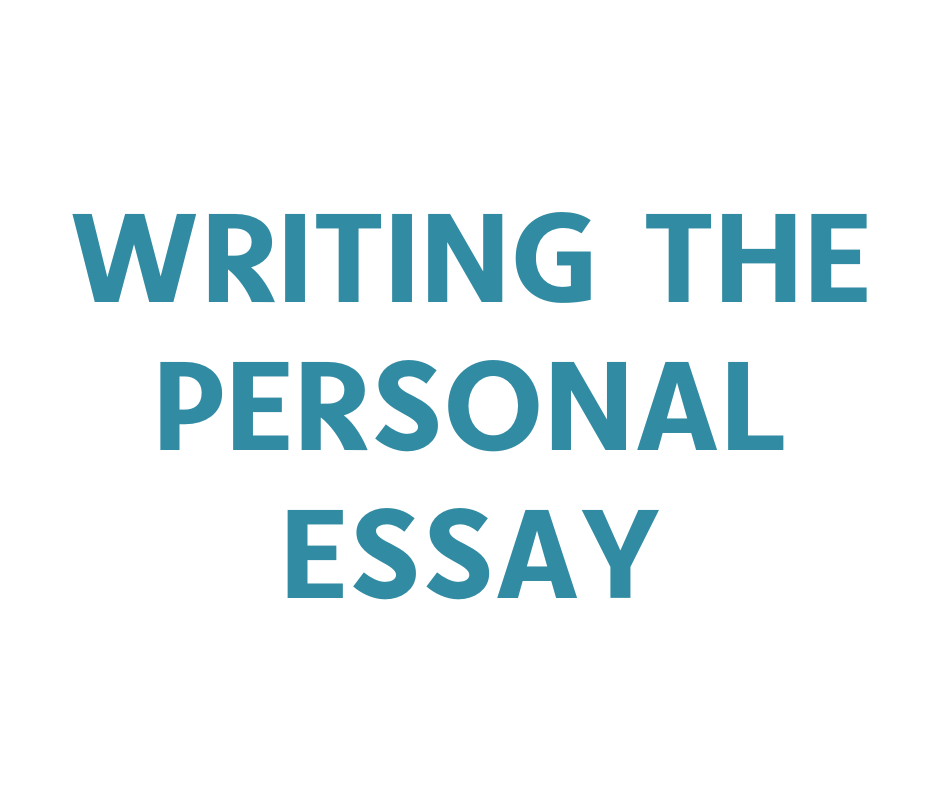Common Mistakes Made in the Common App
I’m trying to fill out the Common App, but I keep getting stuck-- how do I know what my GPA scale is, whether my class gives a class rank, how to find my schools, and what each school requires? And what in the world is a FERPA waiver?
The Common App helps consolidate the application process, but there are some aspects of it that are tricky to navigate, and then each individual school often has additional requirements.
First, not all of your schools are necessarily found on the Common App. You can apply to a school on its own site or through one of the two consolidating sites: the Coalition and Common Apps. Most students will use the Common App for most or all of their schools, however, so this blog post will focus on that.
Checklist for How to Fill out the Common App
Create a Common App ID and password (write them down somewhere so you don’t forget them and get locked out later)
Using the main navigation bar at the top of the page, use the Common App tab to fill out the Common Application itself. Places where students often get stuck include these:
Family: you may need to talk with your parents to find out when and from which school(s) they graduated. Don’t skip this part, because some schools care about legacy status.
Education: you will need to know your cumulative GPA, whether it is weighted or unweighted, what scale your school grades on (unweighted is typically a scale of 4, and weighted is often a 5 or 6), and whether and what type of class rank your school provides. Your guidance counselor can help you if you don’t have answers to any of those questions. You also will need to enter in your senior year courses and know whether your school is on a quarter, semester or trimester system. Pro tip: use the smallest unit of measurement. If your school has gym class in quarters but all your other classes are semester or full year, still put in quarter.
Activities: As I mentioned on the blog earlier this month, this takes some finessing. Create a separate document to list and organize all your activities so you can shine through in the ten allotted spaces on the Common App.
Adding in individual schools:
Using the main navigation bar at the top of the page, use the School Search tab to add your schools to your list.
Once you have added your schools, you need to know which, if any, additional requirements your schools have, the most time-consuming ones being the writing supplements.
Click on a school in the left-side gray navigation bar and scroll all the way to the bottom on the main screen.
Writing Supplement -- many schools list additional essay requirements in this area.
College Questions -- this is a funny hidden spot just above Writing Supplement in which schools will often tuck writing supplements. Stanford, for example, has nothing required under Writing Supplement but has numerous essay-length questions to respond to in the College Questions section.
Find all the essays -- hidden and otherwise-- and create a separate document to track those for all of your schools
Each school will have additional questions, including demographic questions, questions about the term to which you are applying, your deadline choice (e.g. Early Action, Regular Decision), and choice of major. If you are applying to a design or performance program, you may also have portfolio and audition requirements listed here.
Should I Sign the FERPA Waiver?
Each school will offer a place for you to sign a FERPA waiver, but what is that? FERPA stands for Family Educational Rights and Privacy Act, and it gives students the right to their educational records. That’s all good, but why does it apply here? You have the legal right under this act to see the letters of recommendation your teachers write you, but if you waive that right, it signals to the school and to your recommender that the recommendation letter is independent (uninfluenced by you). You do not have to waive that right, but it is customary to do so. Some recommenders will actually refuse to write letters if you have not waived your FERPA rights.
Get going on those applications, and use these tips to help you get unstuck!




